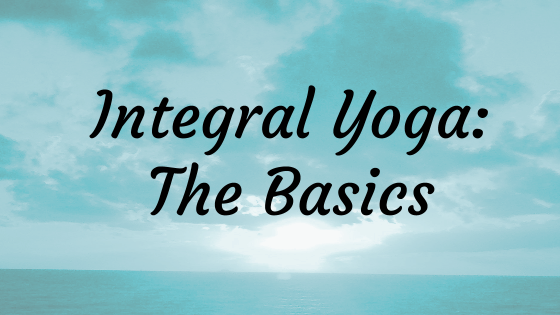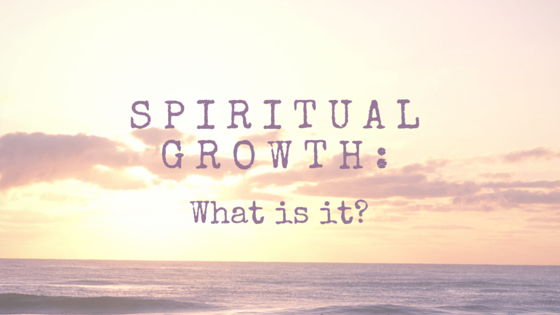 When I first started out doing yoga, I thought of it as being a very broad term that referred to meditation of the body. How wrong was I? Partially right and partially wrong! There are many different aspects of yoga. One of them is Integral Yoga.
When I first started out doing yoga, I thought of it as being a very broad term that referred to meditation of the body. How wrong was I? Partially right and partially wrong! There are many different aspects of yoga. One of them is Integral Yoga.
What are the basics of Integral Yoga?
Integral Yoga is the process of the unity of every part of you having connection with the Divine. This process also involves the transmutation of every harsh element into a state of harmony of greater divinity, being existent, and consciousness.
With the exception of the paths of the Natya Yoga, the greater portion of yoga focuses on a single perspective of the Being. It also focuses on the liberation state or transcendence.
The purpose of Integral Yoga is for you to make changes to the whole Being. Due to this transition, there fare several elements of your physical, mental, vital, psychic, spiritual makeup, and the meaning of your transformation. These transformations are more detailed in Sri Aurobindo, who was a Bengali philosopher.
Integral Yoga has two parts: a spiritual realization of God and Transcendence, or Enlightenment and Transformation of the Inner and Outer Nature. As a result of these two actions, you are fit enough to embody a divine consciousness, and becoming a part of divine work.
In this type of yoga, it involves these faculties: physical, vital, and mental.
Physical: From the physical perspective,this is not rejected. However, it must be changed and become spiritual through the Integral Yoga practice. This is a necessity not only to transform physical habits and your conscious, but also plunge into the subconscient of lower Unconsciousness. In this category, this is where the source of many programs lay dormant.
Vital: Vital focused more on the various conditions,as in desires, dislikes, likes, and emotions that tells your motives and actions. In the case of Integral Yoga, it is imperative to change from self-centered desires and revolts to make a complete change for yoga.
Mental: This refers to the concepts of the mind as well as cognitive. If you do not focus on the negative aspects of different subject matters in your life, then your way of thinking can be converted into the Divine. This also includes understanding and aspiration.
In addition to the faculties of the Integral Yoga, it also includes three different Beings: Outer, Inner, and Psychic.
The Outer Being talks about the superficial and the limitations of the existence of physical, mental, and vital. Our everyday experiences during our lifetime are also the focus of this Being. In Integral Yoga, this being goes deeper besides on the conscious level to the Inner Being, which focuses more on the spiritual realization.
Like the Outer Being, the Inner Being’s main perspectives are on physical, vital, and mental. However, the conscious level is larger and more subtle. Also, the realization is very important for any achievement of this realization to become higher.
The objective of Integral Yoga is to move in the inward direction in order to learn about the Psychic Being. The Psychic Being can allow a huge transformation in the Outer Nature. This in not all to this Being. It is also the pivotal part of the process, which is ongoing in life, as in allowing us to connect with our inner spirit, or Divine Essence.
To make a very long story short, Integral Yoga is a very comprehensive type of yoga. As with any other aspects of the yoga practice, it takes perseverance and patience to become very successful.
If you practice Integral Yoga, what is your experience? Please feel free to share your thoughts in the comments section.
Next posting: Common Myths about Yoga
“It does not matter how slowly you go so long as you do not stop.”
-Confucius

